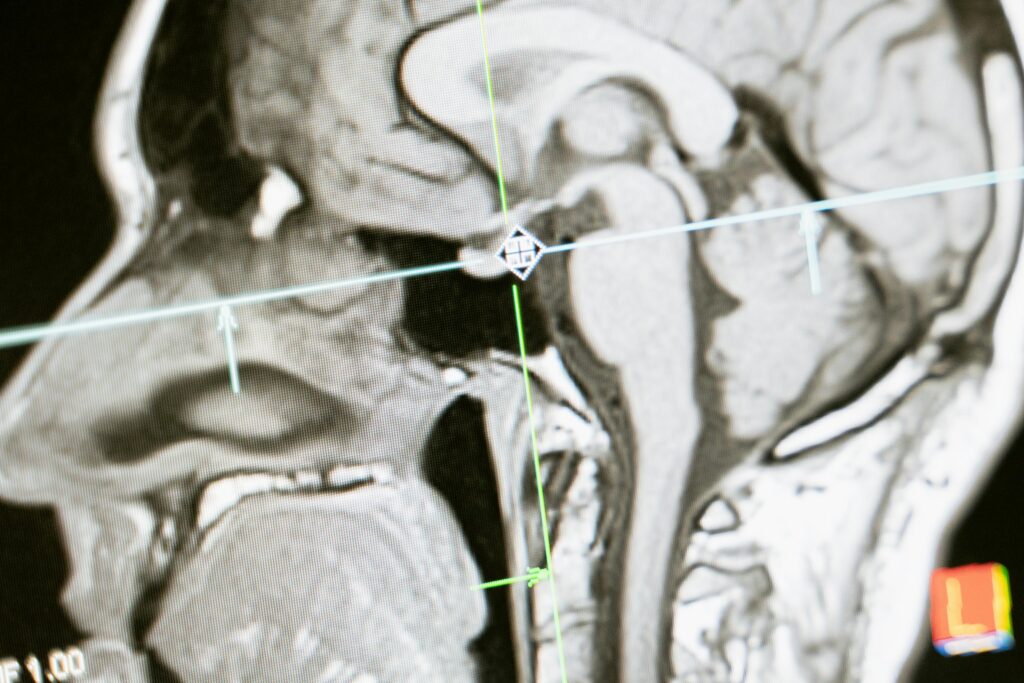Heavy Cannabis Use Really Could Affect Your Memory, Largest Ever Study Suggests
Last updated on
A groundbreaking study has unveiled compelling evidence linking heavy cannabis use to potential memory impairment. Researchers at Washington University in Saint Louis conducted an extensive brain imaging investigation, shedding light on how frequent marijuana consumption might affect cognitive function. Scientists consider this study significant due to its unprecedented scale. With over a thousand participants, it represents the most extensive brain imaging research focused on cannabis use and cognitive function to date. Findings from this extensive dataset provide valuable insights into the potential long-term effects of marijuana on the human brain.What Does the Study Study Details Say
Researchers at Washington University in Saint Louis conducted a comprehensive study from 2010 to 2015, examining the effects of cannabis use on cognitive function. They recruited 1,003 young adults aged 22 to 36 for this extensive investigation. Participants were categorized based on their reported lifetime cannabis use:- Heavy users: More than 1,000 times
- Moderate users: Between 11 and 1,000 times
- Non-users: 10 times or fewer
- Brain imaging: Functional magnetic resonance imaging (fMRI) scans captured participants’ brain activity during various tasks.
- Recent use assessment: Urine samples collected on testing days helped researchers determine how recently subjects had consumed cannabis.
- Cognitive evaluation: Volunteers completed a series of challenges designed to assess seven key areas of cognition:
- Emotion
- Reward
- Language
- Motor skills
- Relational assessment
- Theory of mind
- Working memory
Key Findings of the Study

- Dorsolateral prefrontal cortex
- Dorsomedial prefrontal cortex
- Anterior insula
What Could Be the Implications of This Study

- Lingering Effects: Heavy cannabis use may impact working memory even when users are not actively under the influence. Brain scans revealed reduced activation in key regions among frequent users, regardless of recent consumption.
- Specific Cognitive Impact: Working memory appears particularly vulnerable to heavy cannabis use. Other cognitive areas tested showed no significant effects, indicating a targeted impact rather than a general cognitive decline.
- Recovery Potential: Researchers suggest that abstaining from cannabis for an extended period might help reverse observed cognitive deficits. However, they note that more studies are needed to determine the optimal duration of abstinence for improving mental performance.
- Cautionary Note for Quitting: Those considering giving up cannabis should be aware of potential cognitive disruptions during the initial abstinence period. Study author Joshua Gowin advises, “People need to be aware of their relationship with cannabis since abstaining from cold turkey could disrupt their cognition as well. Heavy users may need to be more cautious.”
- Duration of Effects: Residual cognitive effects of cannabis may persist for 2 to 4 weeks after stopping use, based on previous studies. However, researchers emphasize the need for further investigation to provide more precise guidance on abstinence periods.
Expert Insights on Cannabis Study Findings
Study author Joshua Gowin cautions: “People need to be aware of their relationship with cannabis since abstaining cold turkey could disrupt their cognition as well. For example, heavy users may need to be more cautious.” Researchers noted limitations in the study. Pinpointing recent users’ last consumption details proved challenging. Despite the large sample size, certain subgroups remained relatively small. Gowin emphasizes the need for further research: “There are a lot of questions we still need answers to regarding how cannabis impacts the brain. Large, long-term studies are needed next to understand whether cannabis use directly changes brain function, how long these effects last, and the impact on different age groups.”Cannabis Research and Brain Function
The groundbreaking study on heavy cannabis use and its effects on working memory paves the way for future research in the field. While illuminating potential cognitive impacts, it raises questions about age-specific effects, recovery periods, and varying consumption methods. As cannabis legalization expands globally, these findings emphasize the importance of informed decision-making, balancing potential benefits with cognitive considerations. Future longitudinal studies and genetic investigations may provide deeper insights into long-term brain function changes and individual susceptibility. This research contributes significantly to the ongoing discourse on cannabis use, public health, and cognitive function, potentially influencing future policies and guidelines. As the field advances, it promises to enhance our understanding of cannabis’s complex interactions with the human brain, leading to more nuanced, evidence-based approaches to its use and regulation.Some of the links I post on this site are affiliate links. If you go through them to make a purchase, I will earn a small commission (at no additional cost to you). However, note that I’m recommending these products because of their quality and that I have good experience using them, not because of the commission to be made.




























 JOIN OVER
JOIN OVER
Comments